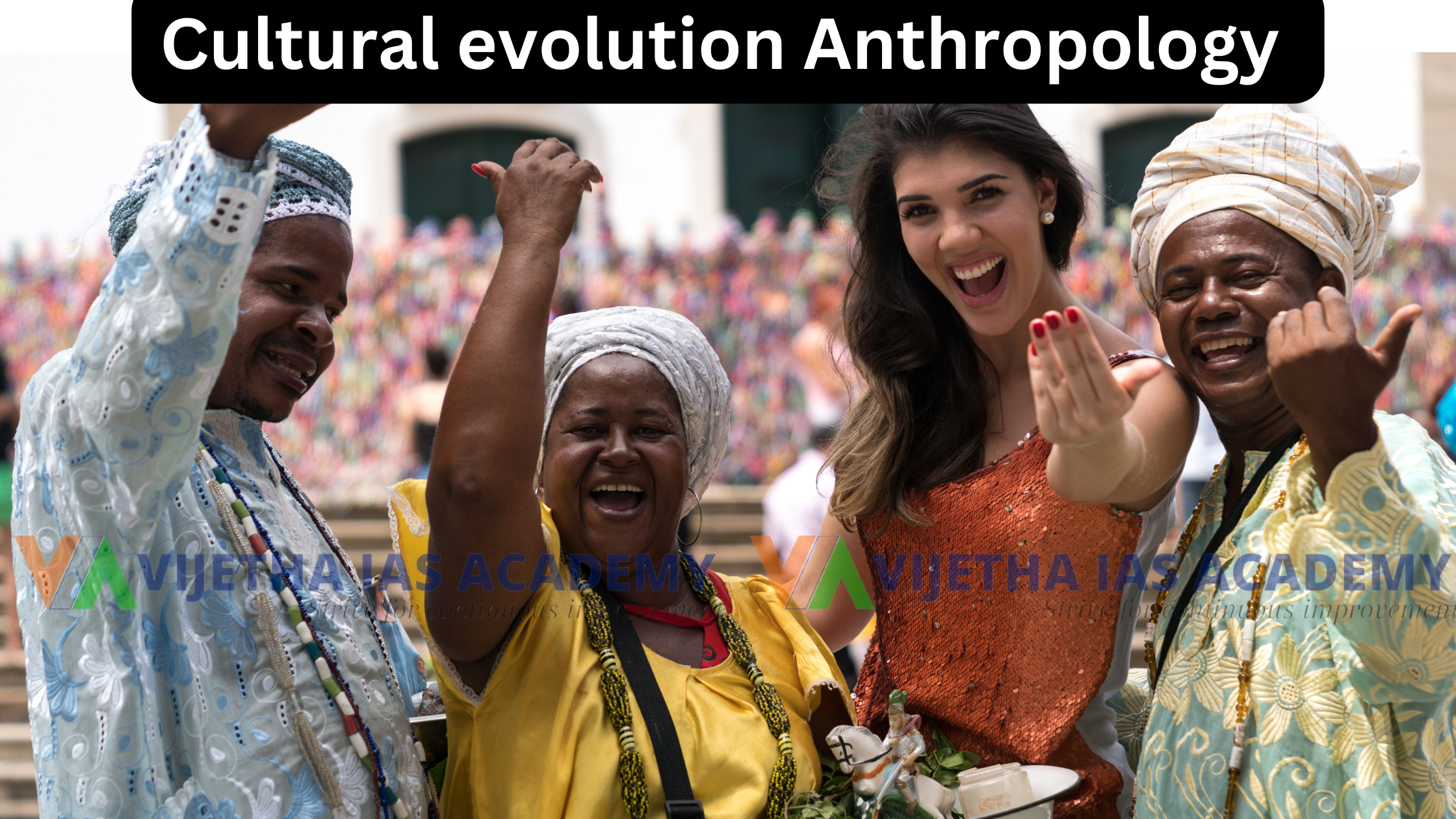
Evolution of Indian Culture and Civilization: A Comprehensive Study for Anthropology Optional
India, with its rich tapestry of history and culture, offers an extensive field of study for those pursuing Anthropology as an optional subject in the UPSC Civil Services Examination. The evolution of Indian culture and civilization provides deep insights into the complexities and diversities that have shaped the subcontinent. For aspirants aiming to delve into this fascinating subject, Vijetha IAS Academy and their renowned mentor Kishore Sir Anthropology provide invaluable guidance and resources.
Understanding the Evolution of Indian Culture and Civilization
The evolution of Indian culture and civilization is a vast and intricate subject that spans several millennia, encompassing a multitude of societies, cultures, and historical events. This evolution can be broadly divided into various epochs:
1. Prehistoric India
The journey of Indian civilization begins with prehistoric times, marked by the Stone Age cultures, including the Paleolithic, Mesolithic, and Neolithic periods. The evidence from these periods, found in places like the Bhimbetka rock shelters and Mehrgarh, showcases the early human settlements and their ways of life.
2. Indus Valley Civilization
The Indus Valley Civilization (c. 3300–1300 BCE) marks one of the earliest urban cultures in the world. Known for its advanced city planning, drainage systems, and impressive architecture, the civilization's major sites include Harappa, Mohenjo-Daro, and Dholavira. The study of this period provides crucial insights into early urbanization and socio-economic structures.
3. Vedic Age
Following the decline of the Indus Valley Civilization, the Vedic Age (c. 1500–600 BCE) saw the composition of the Vedas, the oldest scriptures of Hinduism. This era is characterized by the development of Aryan society, its religious practices, and the establishment of the caste system.
4. Mahajanapadas and the Maurya Empire
The period of the Mahajanapadas (600–300 BCE) and the subsequent Maurya Empire (c. 321–185 BCE) under rulers like Chandragupta Maurya and Ashoka the Great marked the consolidation of large kingdoms and the spread of Buddhism. Ashoka's edicts provide valuable information about the socio-political and religious life of the time.
5. Gupta Period
The Gupta Empire (c. 320–550 CE) is often referred to as the Golden Age of India. It witnessed significant advancements in science, mathematics, astronomy, literature, and art. This period also saw the flourishing of classical Sanskrit literature and the compilation of major texts in Hinduism, including the Puranas.
6. Medieval India
Medieval India (c. 600–1700 CE) encompasses the rise of various dynasties like the Cholas in the south, the Delhi Sultanate, and the Mughal Empire. This era is marked by the synthesis of Indo-Islamic culture, architectural marvels such as the Qutub Minar and the Taj Mahal, and the growth of Bhakti and Sufi movements.
7. Colonial Period
The advent of European powers in India, particularly the British East India Company, led to significant socio-economic and political changes. The colonial period saw the introduction of Western education, railways, and legal systems, but also the exploitation and economic drain of India.
8. Post-Independence India
Post-independence, India embarked on the path of nation-building, adopting a democratic framework and focusing on socio-economic development. The cultural evolution continued with the blending of traditional and modern values, making India a unique mosaic of various cultures and civilizations.
Preparing for Anthropology Optional in UPSC
For aspirants preparing for the UPSC with Anthropology as their optional subject, understanding the evolution of Indian culture and civilization is crucial. Vijetha IAS Academy offers specialized courses that cater to this need, providing comprehensive study materials and expert guidance.
Why Choose Vijetha IAS Academy?
- Expert Faculty: Under the mentorship of Kishore Sir, known for his expertise in Anthropology, students receive top-notch instruction and personalized attention.
- Comprehensive Study Material: The academy provides extensive resources covering all aspects of the syllabus, ensuring a thorough understanding of the subject matter.
- Strategic Preparation: The courses are designed to focus on key areas, helping students to effectively prepare for the examination and maximize their scores.
For more information about the courses offered by Vijetha IAS Academy and to benefit from the expertise of Kishore Sir, you can visit their Anthropology Courses.
Key Topics in Evolution of Indian Culture and Civilization
When studying the evolution of Indian culture and civilization for the Anthropology optional in UPSC, focus on the following key topics:
- Prehistoric Cultures: Understand the tools, art, and living conditions of the early humans in India.
- Indus Valley Civilization: Study the urban planning, trade systems, and script.
- Vedic Period: Focus on the societal structure, religious texts, and rituals.
- Mauryan and Gupta Empires: Analyze the administration, economy, art, and culture.
- Medieval India: Look into the architectural developments, cultural synthesis, and religious movements.
- Colonial Impact: Examine the changes brought by colonial rule and the responses from Indian society.
- Modern India: Understand the post-independence developments in various fields such as politics, economy, and culture.
Conclusion
The evolution of Indian culture and civilization is a testament to the country's rich and diverse heritage. For UPSC aspirants with Anthropology as their optional subject, a deep understanding of this evolution is essential. With the guidance of Vijetha IAS Academy and the expertise of Kishore Sir Anthropology, students can navigate this vast subject effectively and enhance their preparation for the examination. To explore their courses and take a step closer to your UPSC goals, visit Vijetha IAS Academy's Anthropology Courses.
Embarking on this journey not only aids in examination preparation but also enriches one's knowledge of India's profound and multifaceted history, making it a truly rewarding experience.
